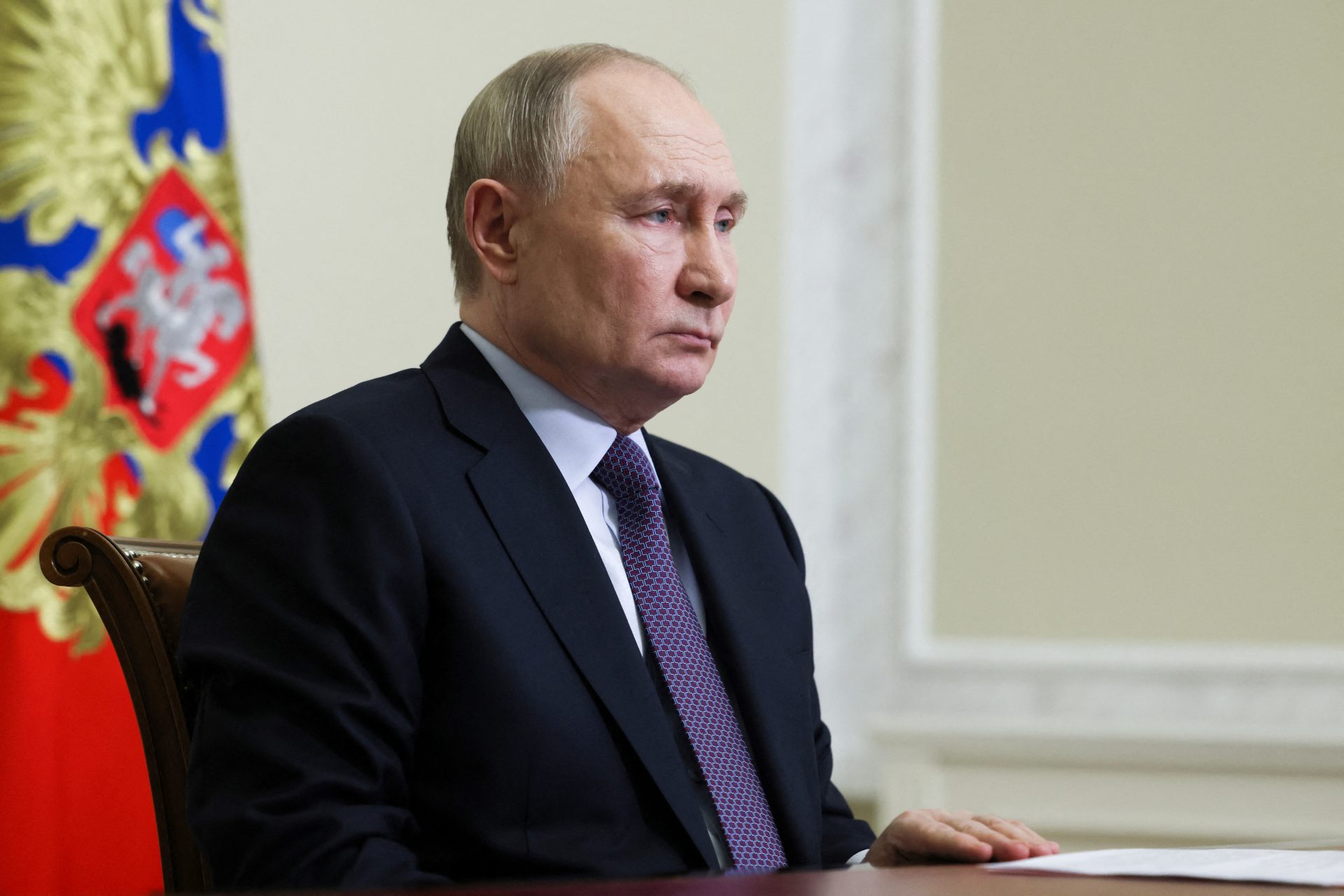Groundbreaking achievement in UK: first baby born with DNA from three people confirmed
In a remarkable scientific milestone, the United Kingdom has confirmed the birth of the first baby who carries genetic material from three different individuals.
This groundbreaking development has been made possible through a novel in vitro fertilization (IVF) technique known as mitochondrial donation treatment (MDT).
The pioneering procedure aims to eradicate inherited diseases caused by faulty mitochondrial DNA and holds immense potential for revolutionizing reproductive medicine. Join us as we delve into the details of this extraordinary achievement.
The birth of this child in the UK was the result of the successful implementation of mitochondrial donation treatment (MDT). This cutting-edge IVF technique enables DNA from three people to be incorporated into an embryo.
This breakthrough procedure offers new hope for families grappling with the burden of inherited diseases. According to The Guardian, the baby's birth represents a significant scientific advancement and is expected to open doors for further progress in the field.
According to The Guardian, UK’s Human Fertilisation and Embryology Authority (HFEA), which oversaw the process, has confirmed the successful birth.
The concept of utilizing DNA from three individuals to create a baby is not entirely new. The BBC reports that babies with DNA from three people have been born previously, with the first known case occurring in Mexico in 2016.
This was followed by births from the DNA of three people in Ukraine and Greece. However, the recent delivery in the United Kingdom solidified the country's place among the pioneers in this groundbreaking field.
Mitochondrial donation treatment involves the transfer of healthy mitochondria, the powerhouses of cells, from a donor to an egg cell or an early-stage embryo.
Diagram: HFEA
The aim is to replace defective mitochondria that may carry genetic mutations responsible for severe inherited disorders. This cutting-edge technique not only provides a potential cure for devastating diseases but also prevents them from being passed on to future generations.
In an article by The Guardian, the author emphasizes the potential impact of mitochondrial donation treatment, stating that "it offers hope of preventing the inheritance of devastating genetic diseases."
Introducing healthy mitochondria into the reproductive process can drastically reduce or eliminate the risk of these diseases.
Dr Sally Davies, the former Chief Medical Officer for England, has expressed optimism about the long-term implications of MDT. In an interview with The Guardian, she emphasizes that this achievement "offers new hope to families at risk of having children with inherited diseases."
Photo: By Royal Society uploader - Own work, CC BY-SA 4.0
Mitochondrial donation treatment is a highly regulated and closely monitored process. The fertility regulator's approval is necessary to ensure the safety and efficacy of the procedure before it is administered.
As this remarkable achievement develos, it raises ethical questions and stimulates broader discussions surrounding the manipulation of human genetic material.
While the primary goal is to eliminate inherited diseases and provide hope for affected families, ongoing scrutiny and ethical deliberations will play a crucial role in shaping the future of mitochondrial donation treatment.
Regardless of possible ethical uncertainties, the birth of the first baby in the UK with DNA from three people signifies a monumental breakthrough in reproductive medicine.
Mitochondrial donation treatment has the potential to transform the lives of families burdened by inherited diseases. With further advancements and continued research, this remarkable achievement could pave the way for a future where inherited diseases could be eradicated, offering renewed hope for countless families worldwide.
More for you
Top Stories































